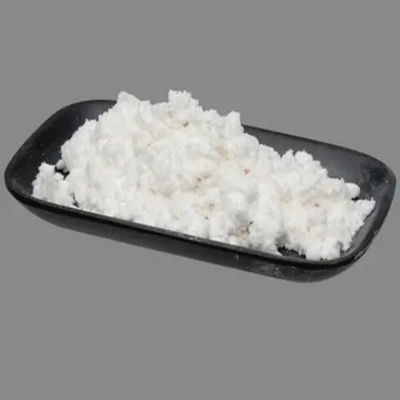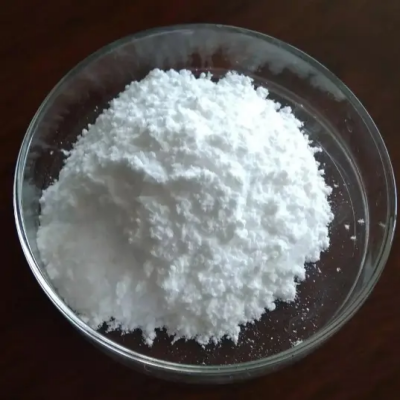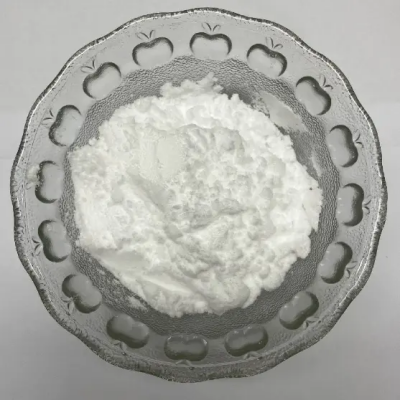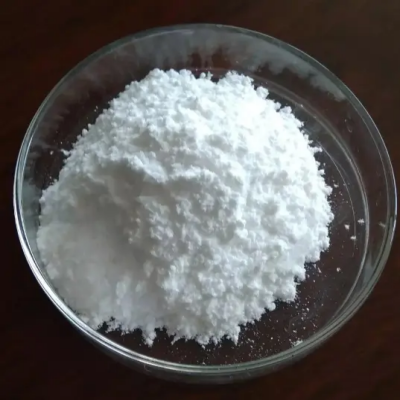Amoxicillin trihydrate CAS:61336-70-7
Amoxicillin trihydrate is utilized extensively in clinical practice to treat various bacterial infections, including otitis media, sinusitis, streptococcal pharyngitis, and urinary tract infections. It is also employed in combination therapy for conditions such as Helicobacter pylori eradication in the management of peptic ulcers. The administration of amoxicillin trihydrate is typically oral, with dosages and treatment duration tailored to the specific infection, patient age, weight, renal function, and the severity of the illness. Patients are advised to strictly adhere to the prescribed dosing schedule and complete the full course of treatment to ensure optimal therapeutic outcomes and reduce the risk of bacterial resistance development. When considering the use of amoxicillin trihydrate, healthcare providers take into account patient allergies, concurrent medications, and previous antibiotic use to determine the appropriateness of prescription. Individuals with known allergies to penicillin or cephalosporins should avoid amoxicillin trihydrate due to the risk of cross-reactivity and potential allergic reactions. Adverse effects related to amoxicillin trihydrate use may include gastrointestinal disturbances, allergic reactions, and antibiotic-associated diarrhea. Close monitoring for these adverse effects, along with prompt reporting to healthcare professionals if they occur, is important for managing the safety and tolerability of amoxicillin trihydrate therapy. By following prescribed dosages and completing the full course of treatment, patients can maximize the efficacy of amoxicillin trihydrate in resolving bacterial infections while minimizing the risk of antimicrobial resistance and ensuring favorable treatment outcomes.



| Composition | C16H21N3O6S |
| Assay | 99% |
| Appearance | white powder |
| CAS No. | 61336-70-7 |
| Packing | Small and bulk |
| Shelf Life | 2 years |
| Storage | Store in cool and dry area |
| Certification | ISO. |


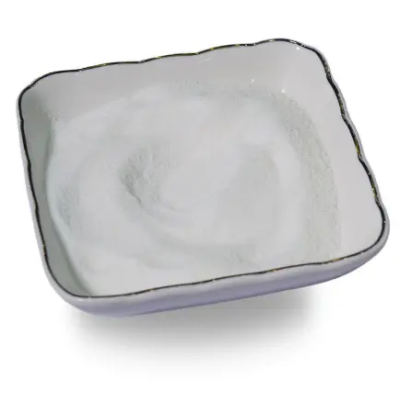
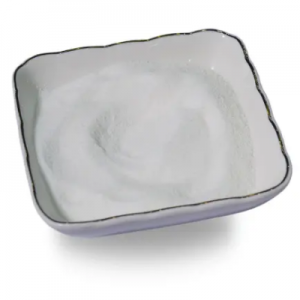
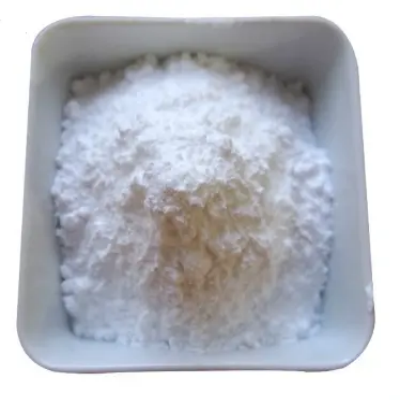
![5-[4-((3-Chloro-4-((3-fluorobenzyl)oxy)phenyl)amino)quinazolin-6-yl]-2-furaldehyde CAS:231278-84-5](https://cdn.globalso.com/xindaobiotech/EX52BD@LKE2K3YPT32.png)
